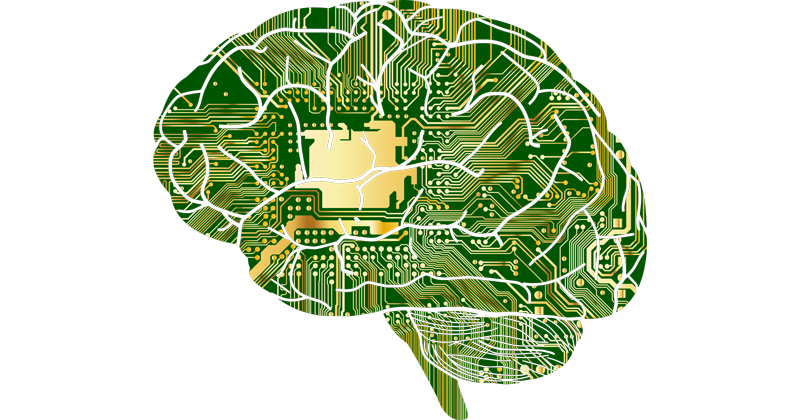Evolution by natural selection has provided us with some wonderful tools to make sense of and manipulate the world.
All of us carry around one of the most complicated objects in the universe within our skull, and our bloated, folded brains are able create illusionary facsimiles of the world around us, and imagine what may happen if we try one thing instead of another. Thanks to this miracle of biology, we are all able – in a limited and fallible way – to predict the future.
This amazing gift of prophecy is invaluable when you have been informed a lion is waiting for you just past the next bush, and instead of strolling past it you’re able consider the possibilities setting fire to the bush may have to offer.
Unfortunately, this supercomputer we have in our heads has unforeseen (ironically) consequences.
Futility of preparation
Early in my career as a general practitioner, I got into the habit of scanning the ops list and the consults for the next day. I wanted to see what I might be faced with so I could prepare, and not feel that near-constant sense of unpreparedness and apprehension that characterised my early months (all right, years).
The idea was if I knew I had a patient that would present with chronic skin disease the next day, I could skim over my dermatology notes the night before and make sure I hadn’t forgotten anything important.
It was a sound idea in theory, but I hadn’t learned, at that stage, that there really was only one thing you could predict with any certainty about your next day in veterinary medicine, which was that it would be completely unpredictable.

A constant source of surprise
It didn’t matter what the problems I tried to predict as the ones most likely to cause me trouble the next day (“funny turns”, “aggressive”, “lumps”) were, because I was almost always wrong. Although those consults or operations occasionally caused me stress, it was never quite in the way I’d imagined.
“Itching ears” might turn out to be an extended discussion of a marriage break-up and the consequent problems with the client’s finances; “lameness” might turn out to be a patient with laryngeal paralysis that collapsed and crashed in the hot, stressful waiting room.
The real problems of the day were, as in life, the ones that absolutely blindsided me while I was still worrying about my “drinking a lot” later in the day – vaccinations that turned into euthanasias, postoperative checks that became medical work-ups, or clients bursting into my room carrying their comatose pet, followed by a flustered receptionist.
Rising panic
I wish I could say the unpredictability wasted a lot of time when I needlessly pored over my neurology notes ready for next day’s “wobbly” dog, but that wouldn’t be telling the truth. I almost never read anything at all – I was far too exhausted from work to do anything of the sort. What I did do, however – and thanks to the highly advanced biological computer in my head – was worry.
I worried and worried, night after sleep-deprived night, about those consults I’d seen lurking the next day. How am I going to deal with this thing? Why might a rabbit not be eating? How and why and what – over and over again, almost all to no avail.
I knew I was doing it, but I couldn’t help myself. Every day I checked the lists and wondered – and worried – almost always about things I didn’t need to worry about.

Let it go, let it go…
Gradually, like an addict in the early stages of realisation, I began to understand that this constant checking was doing me no good at all. I had to let go of the terror of being unprepared, because I always would be, and the best I could do was… well, the best I could do.
I finally stopped checking. And once I stopped checking, I worried a lot less.
In many ways, I suppose it’s a blessing that I couldn’t accurately predict how the next day was going to turn out, because that’s when I really would have started to worry. But I look back on all that wasted stress and I regret (another gift from our big brains) the time I allowed it to take hold of me.
Full of regret
I see no reason to assume that many other animals – particularly those biologically similar to us – do not suffer pain in very similar ways that we do. Our companions clearly feel fear, anger, stress and despair, but many of them are lucky enough to live in the moment.
Evolution, by providing us with one of the wonders of the universe between our ears, has enabled us to feel worry and regret – and has, therefore, enabled us to suffer in ways that are thankfully impossible for most other creatures with which we share this planet.
Don’t worry, be happy
If you’re early in your career and, like me, feel nervous and unsure about the job you’ve entered, take my advice and try not to worry about those stressful-looking consults coming in the next day.
Tomorrow night you’ll look back on your day and realise what a waste of worry it all was, and be thankful you didn’t know what was actually going to happen.
Enjoy the moments, enjoy your evenings and worry less – and if you manage to do all these things then please tell me how.

Leave a Reply